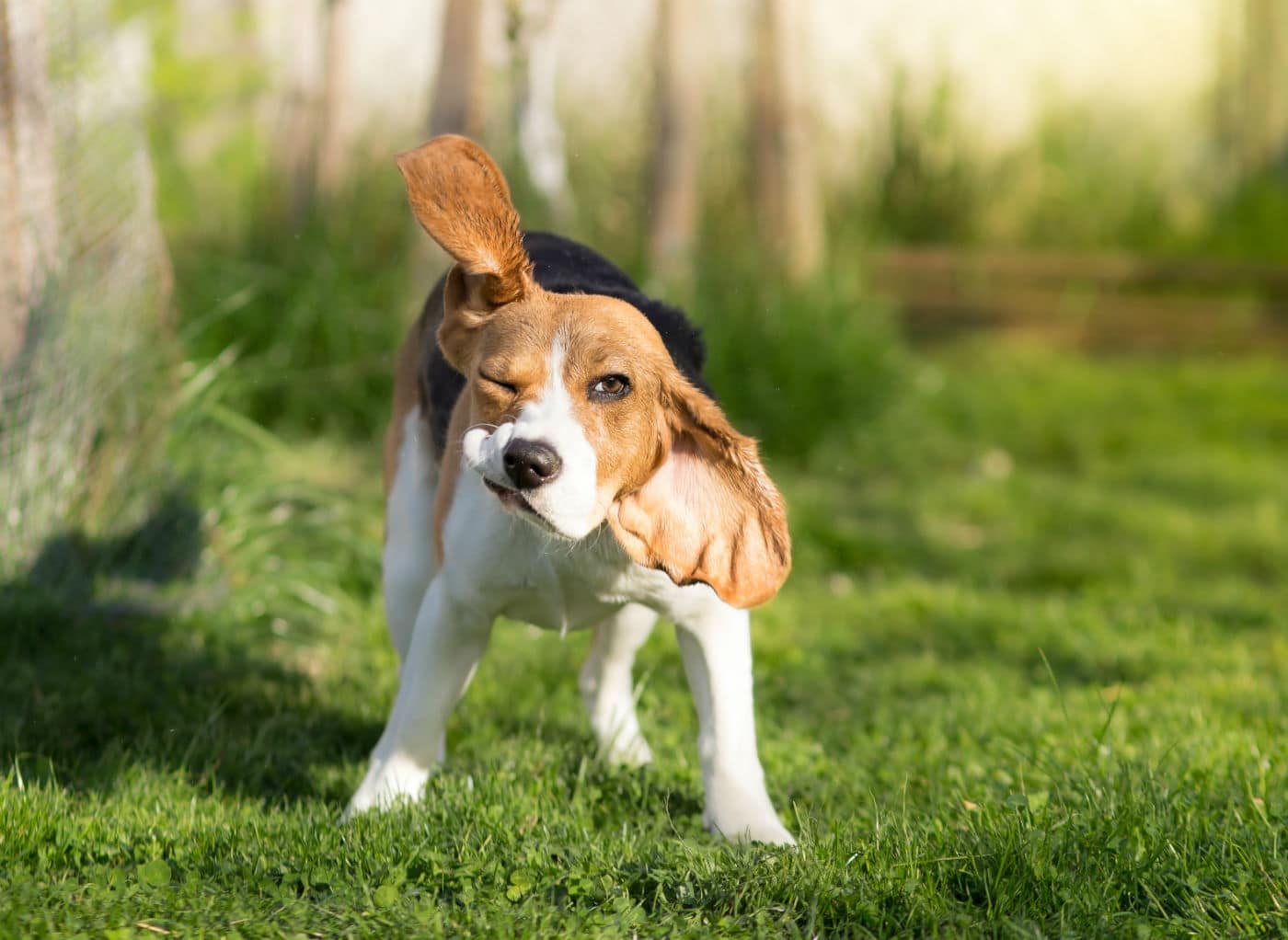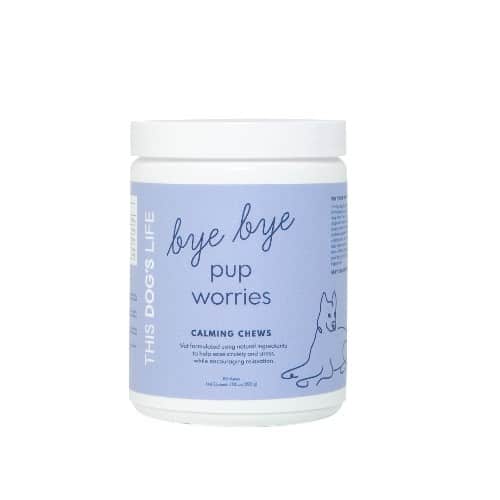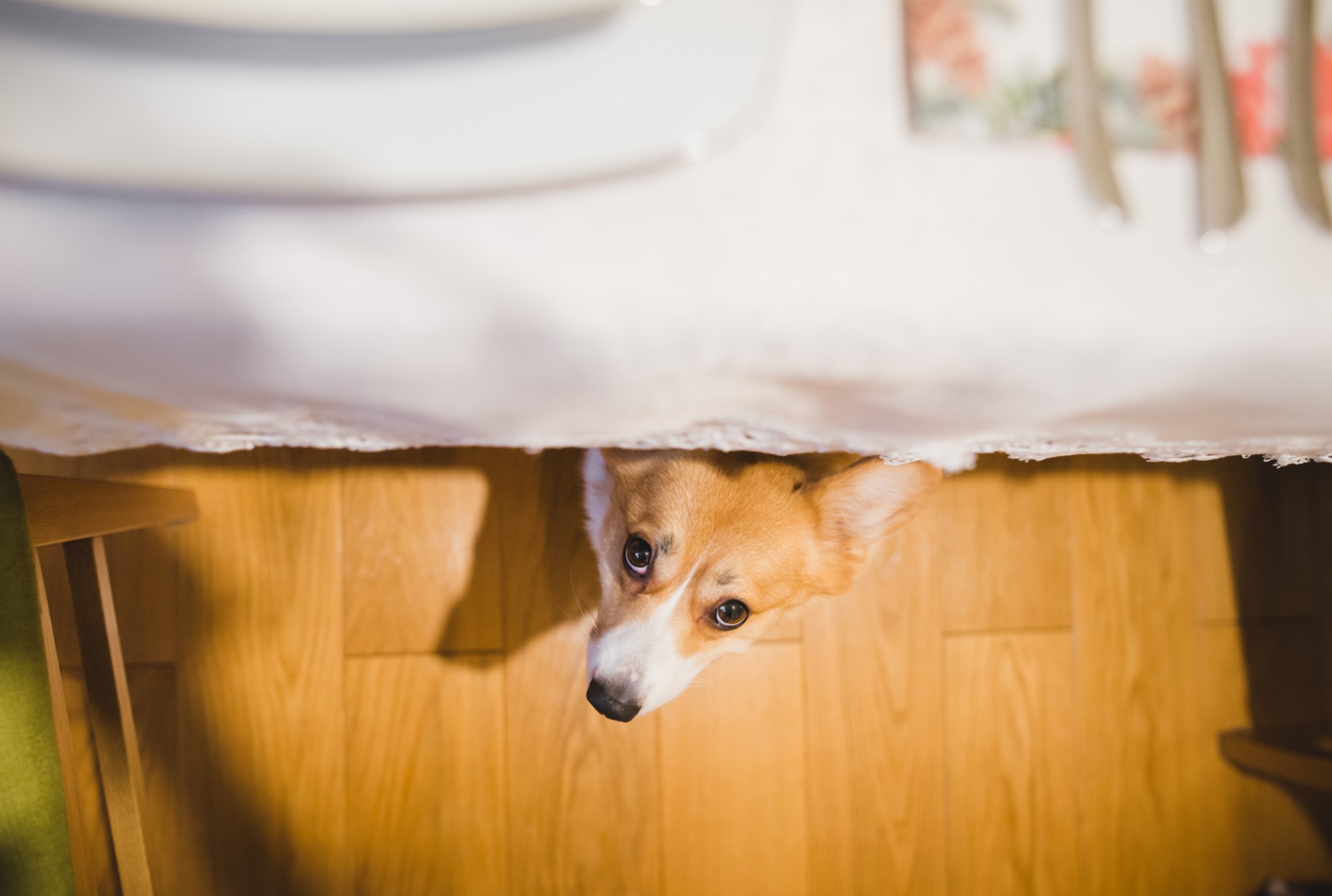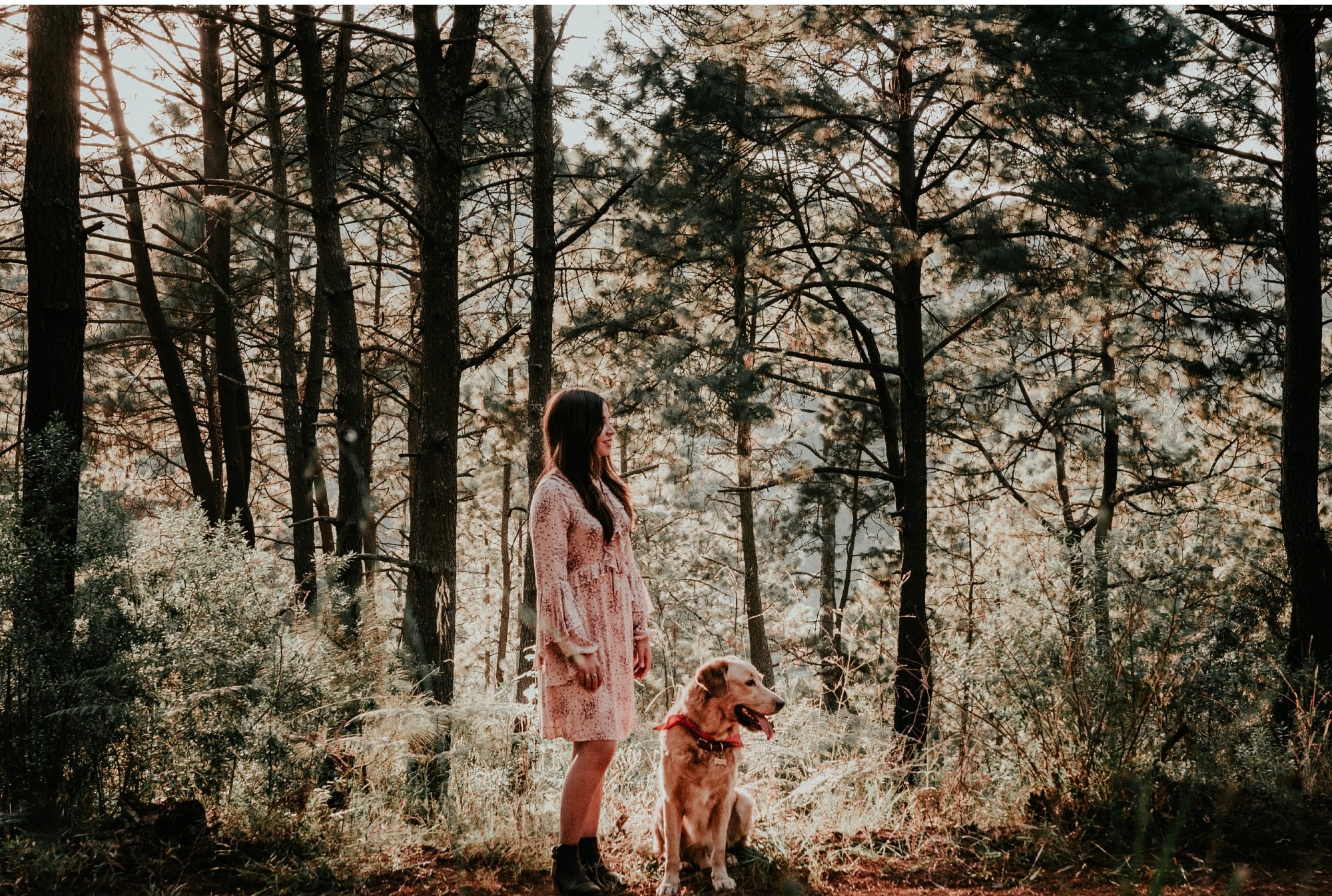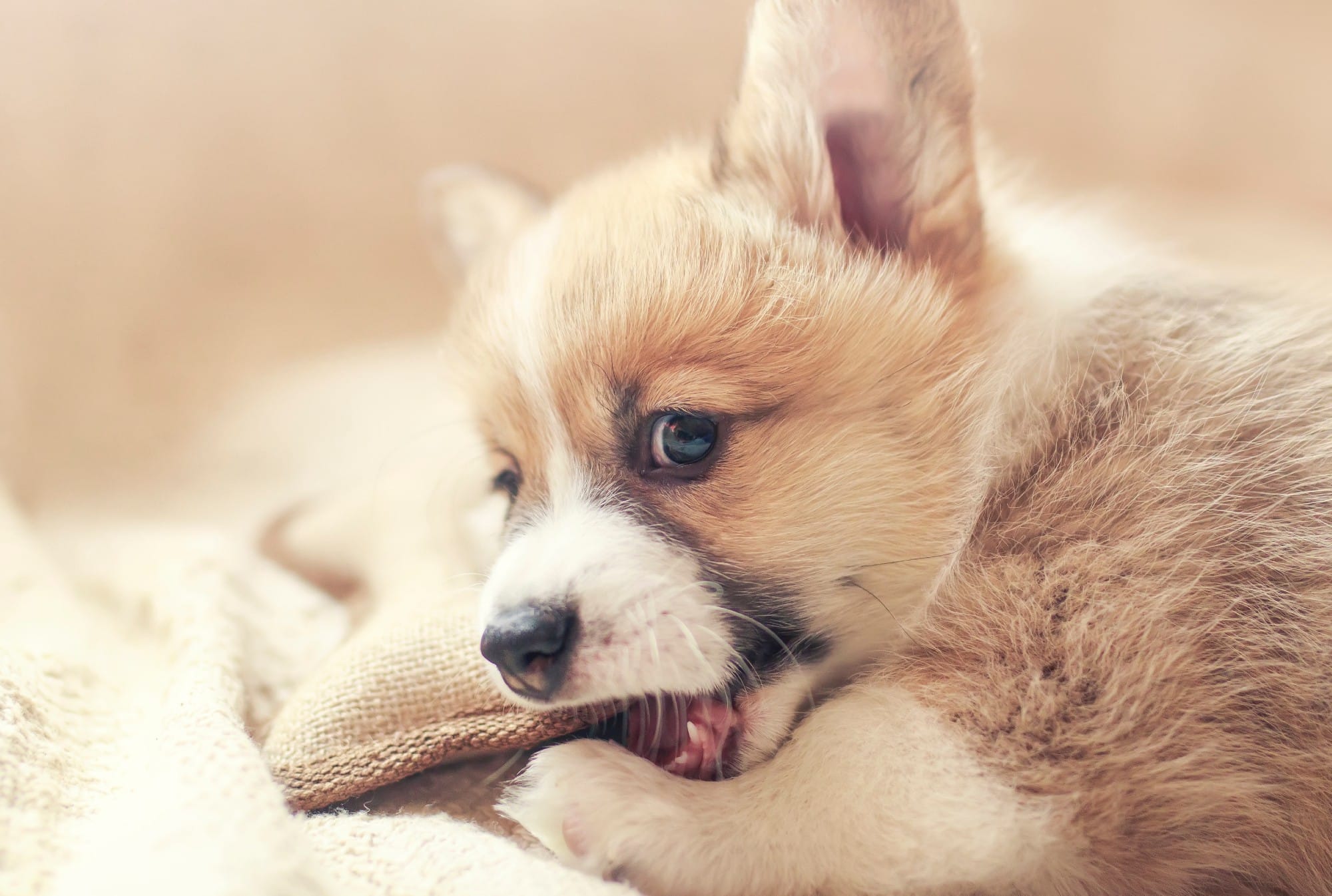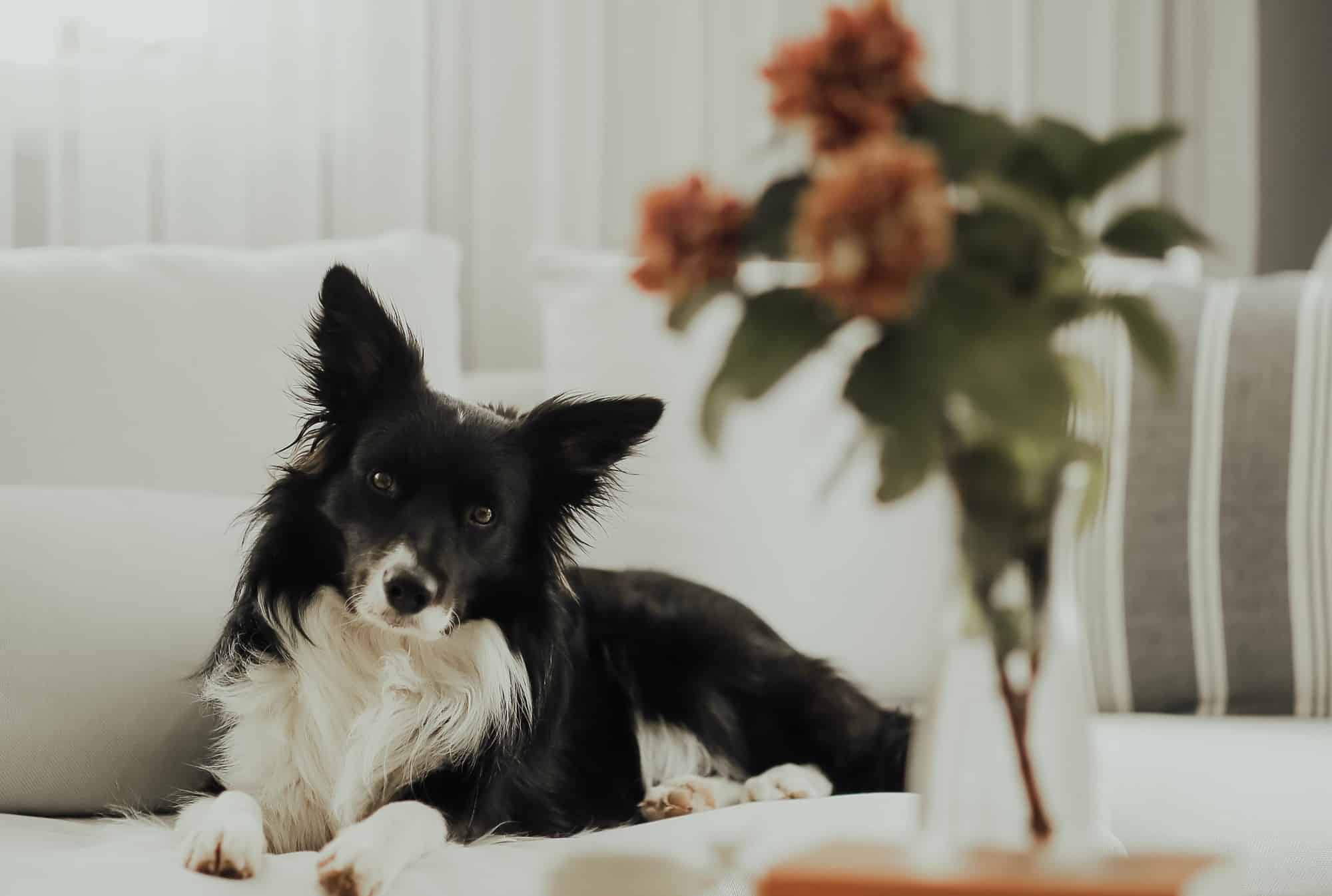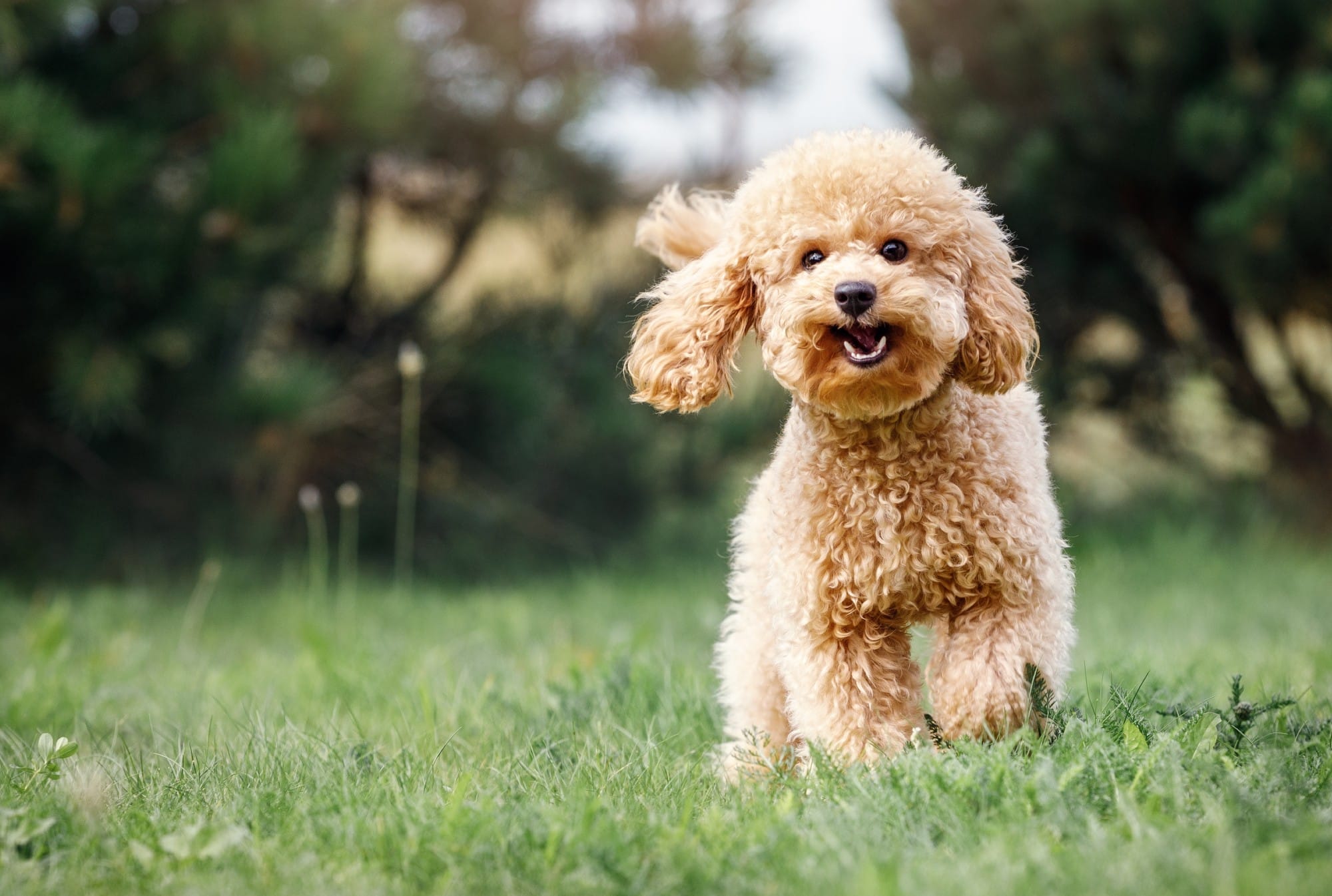When dogs “shake-off” after a bath, the reason is clear; it’s your dog’s personal drying system. It’s also incredibly efficient. In fact, a study conducted on the physics of an animal self-drying and published in the Journal of the Royal Society Interface found that dogs can shake-off around 70 percent of water on their fur in four seconds.
But dogs also shake-off when they’re dry – and that means something entirely different. The dog shake-off is part of their body language. Since they can’t talk, it’s up to us to interpret. “We can make some good guesses, based on when dogs do this behavior and what comes afterwards,” says Kristin Benson, certified dog trainer and owner of Kristin Benson Dog Training in Manitoba, Canada.
There are specific situations in which dogs shake-off that can give us insight to the meaning of the action. Here are few examples:
After a Nap
Benson notes that dogs sometimes shake-off when they stand up after a nap, often accompanied by a full-body stretch. “This is likely similar to what you do when you get up off your office chair: a quick stretch to get the muscles moving again.”
Related: Sleep Tight: 6 of the Best Orthopedic Dog Beds on the Market
In this case, your dog is shaking off the grogginess of sleep and warming up the muscles in order to wake up, reinvigorate their body, and get ready for action. The shake-off after a nap acts like a dog’s cup of coffee.
It also can help release any built-up tension or anxiety they may have experienced while napping. (We all know dogs can have intense dreams.)
Additionally, it can help readjust their fur, so to get it back to proper coverage over their body and insulate them from indoor temperatures and outdoor weather.
In Times of Stress
“Shaking-off can be a sign of stress,” says Lauren Novack, certified dog behavior consultant, professional animal trainer and director of training at Behavior Vets. “Any behavior that occurs ‘out of context’ is likely a sign of stress.” This type of shake-off is sometimes called an adrenalin flush. In this case, stress can mean physical or emotional stress that’s negative or positive.
Related: Why ‘Good’ Dogs Bite and How to Prevent It
A dog might shake-off after the stress of encountering a strange dog in the park, after smelling something intriguing, sitting in one position for a stretch of time, or when he’s uncomfortable or fearful. It’s the dog version of a human taking a deep breath and letting something go. It helps release tension and reset their energy. It can also be a self-soothing mechanism, as it stimulates the nerves and muscles, providing a calming effect while also reducing stress hormones.
If your dog has the stress shake offs, provide your pup a calming environment or distract with a relaxing activity.
With 70% of dogs dealing with anxiety at some point, our Bye Bye Pup Worries can be used for everyday low-key nervousness or as needed, like vet visits, car rides, fireworks and thunderstorms.
Formulated by a vet and backed by science, our Bye Bye Pup Worries use powerful natural ingredients to help relieve nervousness, anxiety, and stress, so you can have a relaxed and happy pooch.
In Social Situations
Dogs may shake-off after an exciting or stressful interaction with another dog or a human. They may have been uncomfortable or cautious, but were on their best behavior. The shake-off is a way of releasing both tense muscles and emotions.
You may see a dog shake-off after energetic play with other dogs. “Although most of the time when dogs are playing rough, it’s fine for both parties, occasionally there seems to be an intensification that one or both dogs decide isn’t playful anymore,” says Benson. At this point, they stop, check each other out, and do a quick shake-off. It functions as a brief timeout and allows the dogs to take it down a notch in play or stop playing altogether.
If play continues, keep an eye on everyone to ensure all are having fun and no pup is overwhelmed. If it is time for it to end, make sure you go on a positive note, so your dog associates playtime as a fun activity. Top off with praise, a treat, or a pat on the head.
After High-Energy Exercise
“I have seen dogs who are playing athletically occasionally use a shake-off,” says Benson. The dogs are shaking out extra excitement as well as the tension in their muscles. A dog will also shake-off after he’s been jumping around like a maniac waiting for you to put on his leash. When it’s finally attached, he shakes off the rush of energy to be ready to go on his walk. It’s the dog version of a full-body reboot.
Dogs will sometimes shake-off after you return home. With their exceptional hearing, your dogs already knew that you were home way before you unlocked the front door, and they’ve been on high alert. The shake-off in this case is a way of releasing that energy and moving into a calmer state of mind.
When Feeling Uncomfortable
“In some cases, dogs will shake-off because they are uncomfortable, itchy or have a skin or ear problem,” says Benson. This type of shake-off is often accompanied by scratching or pawing at the source of the discomfort. It’s important to address these issues by consulting with your veterinarian for next steps.
Bye Bye Shabby Coat nourishes your dog’s skin and coat from the inside out. Veterinarian formulated and using powerful natural ingredients, including healthy omegas, salmon oil, and vitamin E, our chews help heal dry, itchy, irritated skin, while also promoting a shinier and softer coat. All our supplements are proudly manufactured in the USA.
Sometimes, a dog will shake-off mental discomfort. A dog may feel stressed if you suddenly come home to find him lying in the antique armchair that’s definitely off-limits. When your dog jumps off, he may shake-off the discomfort of wanting to be on the chair but having to move to another place. Or maybe he actually feels uncomfortable at being caught. The shake-off provides a way to get rid of the unpleasant feeling.
Just like any other body language, in order to understand you have to observe what happened right before and right after. The shake-off appears to be either a self-calming or signaling effort, says Benson. It helps release tension and signals a pause in activity.Related: Here’s What Is in Dog Food That Causes Allergies — and What to Do About It
(This article was updated.)













